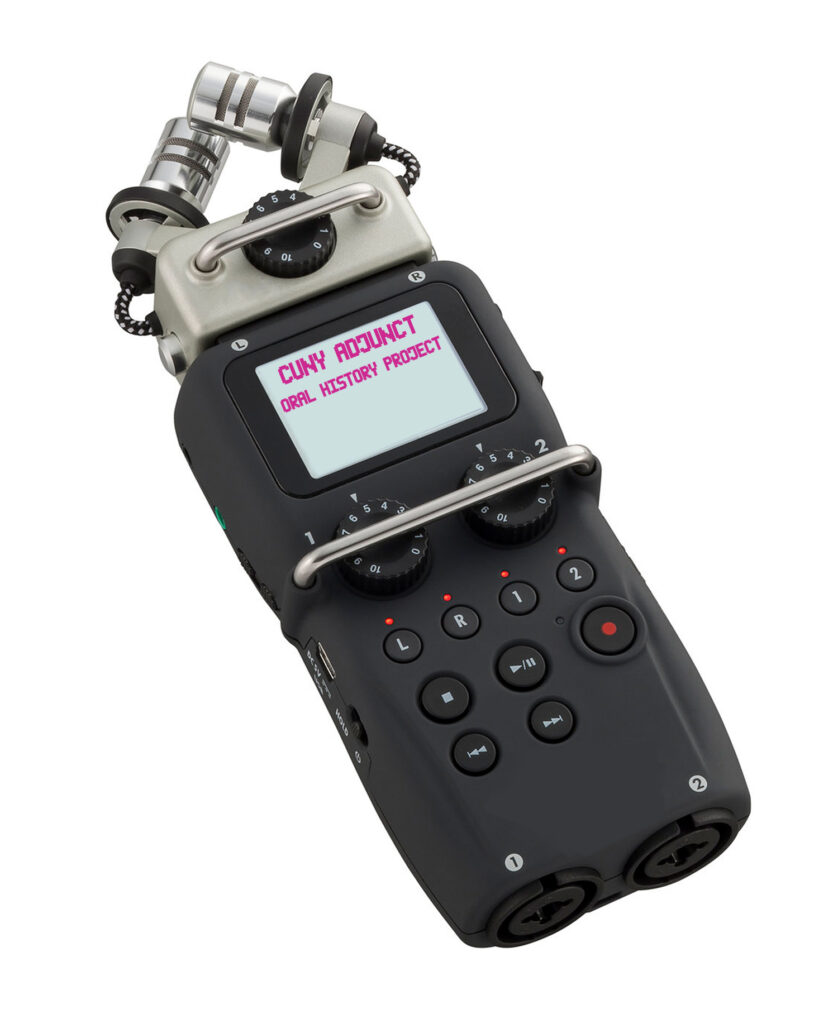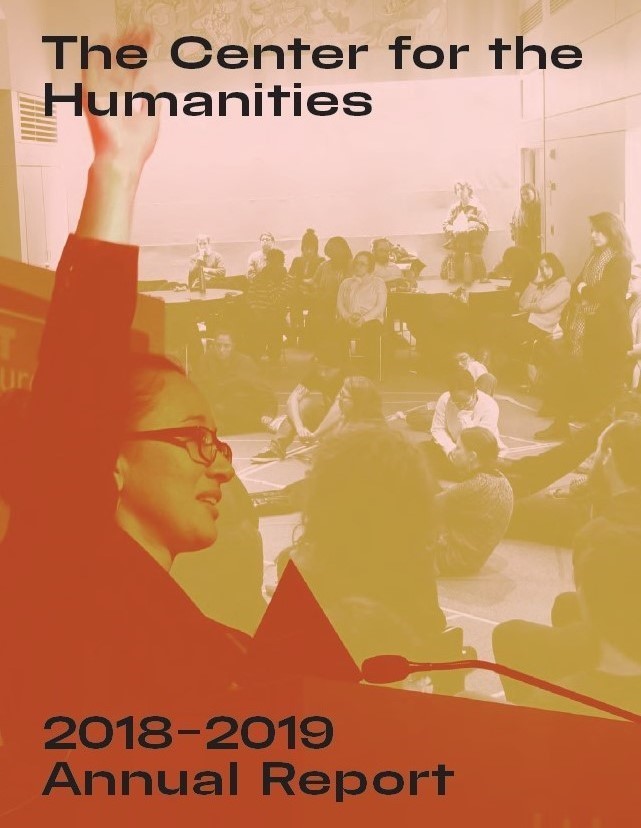The Impact of Listening and Being Heard: Oral History, Archives, & Advocacy Workshop

The Center for the Humanities at the Graduate Center, CUNY, in collaboration with The Laundromat Project (The LP) are hosting “The Impact of Listening and Being Heard: Oral History, Archives, & Advocacy,” an 8-week interdisciplinary workshop. The workshop consists of artists and the CUNY community, and uses a lens of radical empathy to deepen our oral history practice and culminate in a publication and public event Dec 12th “Listening with Radical Empathy: A Listening Party.” The workshop is led by Sady Sullivan at the Graduate Center, CUNY and is part of The City Amplified: Oral Histories and Radical Archiving research team, generously supported by the Mellon Seminar on Public Engagement and Collaborative Research.
The Impact of Listening and Being Heard: Oral History, Archives, & Advocacy:
With our eyes on the prize of a more equitable and peaceful future, we are focusing on oral history as a tool for exploring the dynamic relationships of identity, voice, embodied knowledge, belonging, and becoming. The workshop reflects on self-care, care for our narrators/interviewees, and the role that sharing life histories plays in caring for our future. Through shared experiences such as Deep Listening (both Buddhist and in the spirit of Pauline Oliveros) and sound therapy exercises, we will strengthen our intuitive listening skills and explore collective (un)consciousness.
Listening with Radical Empathy: A Listening Party! (Wed, Dec 12, 6:00 PM)
As a culmination of this course, we will collaborate on a publication that will inform oral history praxis and a public event “Listening with Radical Empathy: A Listening Party” that will engage a broad community of oral history practitioners in thinking about care and collaboration in their work. We’d like to share the results of our co-investigating with all who are interested in deep listening, care, and collaboration. Click here to RSVP and for more information about this listening party.
Selected Readings:
Selected readings will include works by Alexis Pauline Gumbs, Saidiya Hartman, Zora Neale Hurston, Michelle Caswell, Lyn Mikel Brown, Walidah Imarisha, adrienne maree brown, Ursula K. LeGuin, Thich Nhat Hanh, Sherna Berger Gluck, Margaretta Jolly, Mary Field Belenky, Walter J. Ong, The Crunk Feminist Collective, and Carolyn G. Heilbrun. Archival explorations will include NYC Trans Oral History; Crossing Borders, Bridging Generations Oral History; Densho Digital Repository; Voices of Feminism Oral History; VOAHA: Chicana Feminists Oral History; Nindibaajimomin: Intergenerational Digital Storytelling on the Legacy of Residential Schools; Montreal Life Stories; South Asian American Digital Archive; and more.
Fall 2018 Workshop Participants:
Jamie San Andres, Arita Balaram, Pelenakeke (Keke) Brown, Jaime Shearn Coan, Rachel Corbman, Lizania Denisse Cruz,
Oriana Elisa Gonzales, Allison Guess, Arielle Knight, Logan McBride, Nadia Mohamed, and Dhipinder Walia.
Instructor Bio:
Sady Sullivan is an oral historian with over a decade of experience building community-engaging oral history projects, revitalizing interest in legacy oral history collections, and establishing digital strategies for oral history as an outreach tool for libraries, archives, museums, and movement building. She was Curator for the Columbia Center for Oral History Archives at Columbia University, 2014-2016; and Director of Oral History at Brooklyn Historical Society, 2006 – 2014. Sady revitalized a dormant oral history program at Brooklyn Historical Society, promoting access to ground-breaking collections created in the 1970s and 1980s. Also at Brooklyn Historical Society, Sady created Crossing Borders, Bridging Generations, an award-winning oral history project, racial justice dialogue series, and digital humanities site exploring mixed-heritage identity. Sady writes about this nonhierarchical and collaborative project in “Public Homeplaces: Collaboration and Care in Oral History Project Design,” a chapter in the collection Beyond Women’s Words: Feminisms and the Practices of Oral History in the Twenty-First Century (Routledge 2018) edited by Katrina Srigley, Stacey Zembrzycki, and Franca Iacovetta. In addition, Sady is an active member of the Oral History Association and served on Groundswell’s founding Core Working Group, 2011-2013. Her work is influenced by the Buddhist practice of deep listening, and formative experiences at three feminist institutions: The Graduate Consortium in Women’s Studies, Babeland, and Wellesley Centers for Women.
About The City Amplified: Oral Histories and Radical Archiving: The City Amplified: Oral Histories and Radical Archiving research team brings together oral history practitioners, artists, archivists, and scholars to examine, engage, and reassess how radical archiving practices can amplify the rich range of oral history and place-based research projects occurring across the city. The research team is fueled by three critical questions: what does radical archiving look like in practice; how do oral historians and place based researchers engage with issues of reciprocity, transparency, and accessibility when we engage with a community or neighborhood (community: broadly defined); and, in what ways can CUNY act as a space and connector for future collaborations, resources, and other forms of public engagement?
This research team’s faculty coleader is Prithi Kanakamedala, Assistant Professor of History, Bronx Community College, CUNY.
About The Laundromat Project (The LP): Founded in 2005, The Laundromat Project (The LP) brings art, artists, and arts programming to community spaces, thus amplifying the creativity that already exists within communities to build networks, solve problems, and enhance their sense of ownership in the places where they live, work, and grow. In its first decade, The LP has directly invested nearly $700,000 in 150 multi-racial, multi-generational, and multi-disciplinary artists, 62 innovative public art projects, three diverse anchor neighbors, one creative community hub, and 34,000 New Yorkers, equipping and emboldening them as creative change agents in their own communities. The LP is committed to communities of color and those living on modest incomes, and while it is active citywide, its work is most deeply anchored in three diverse NYC neighborhoods: Bedford-Stuyvesant, Harlem, and Hunts Point. Over the long-term, The LP looks to foster and support creative community leaders who are empowered by, committed to, and fully conversant in community-attuned art practices.
This workshop is sponsored by The City Amplified: Oral Histories and Radical Archiving research team as part of the Seminar on Public Engagement and Collaborative Research from the Center for the Humanities at the Graduate Center, CUNY; and the Laundromat Project (The LP).
Participants
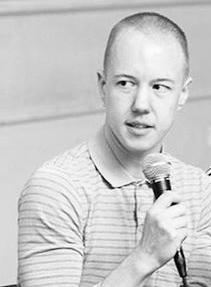
Jaime Shearn Coan
Digital Publics Fellow
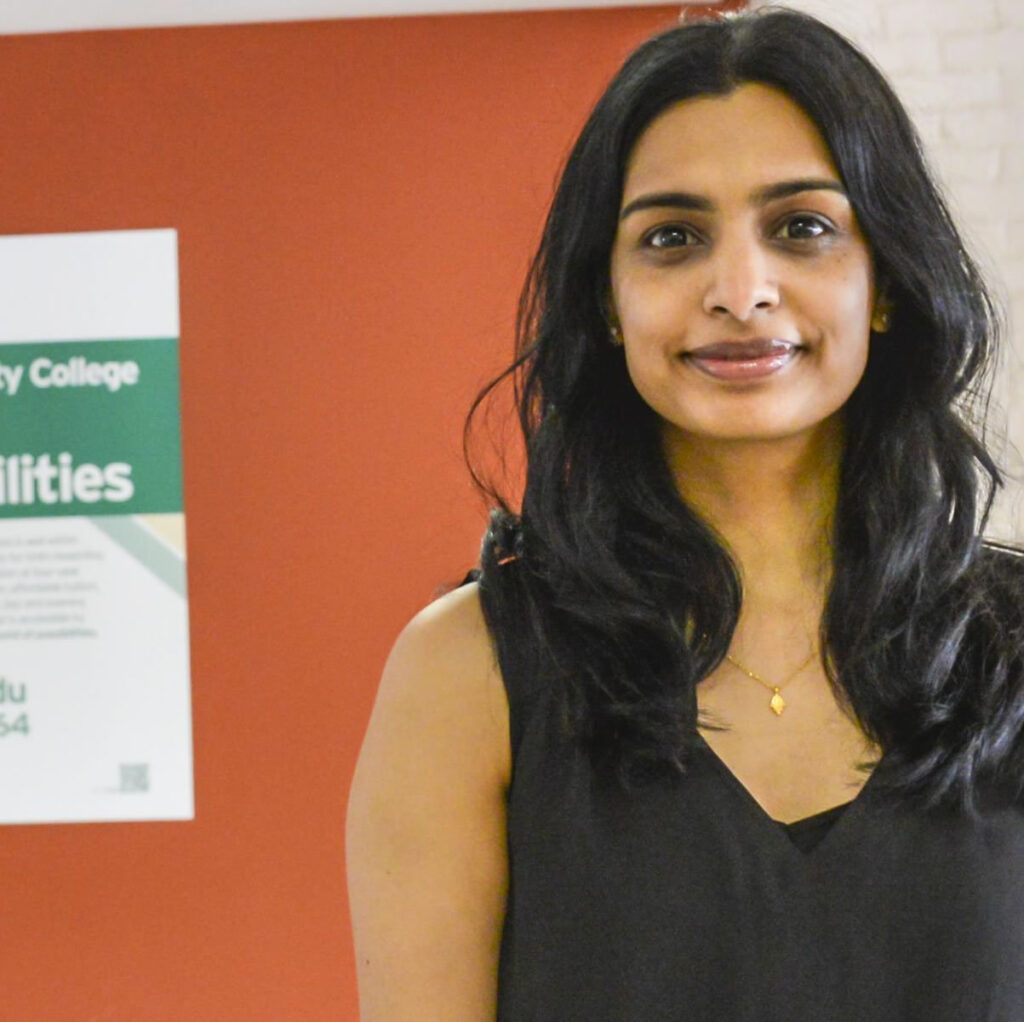
Prithi Kanakamedala
Faculty Coordinator (PS2)
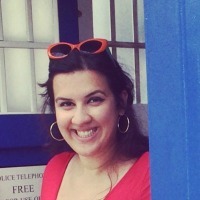
Dhipinder Walia
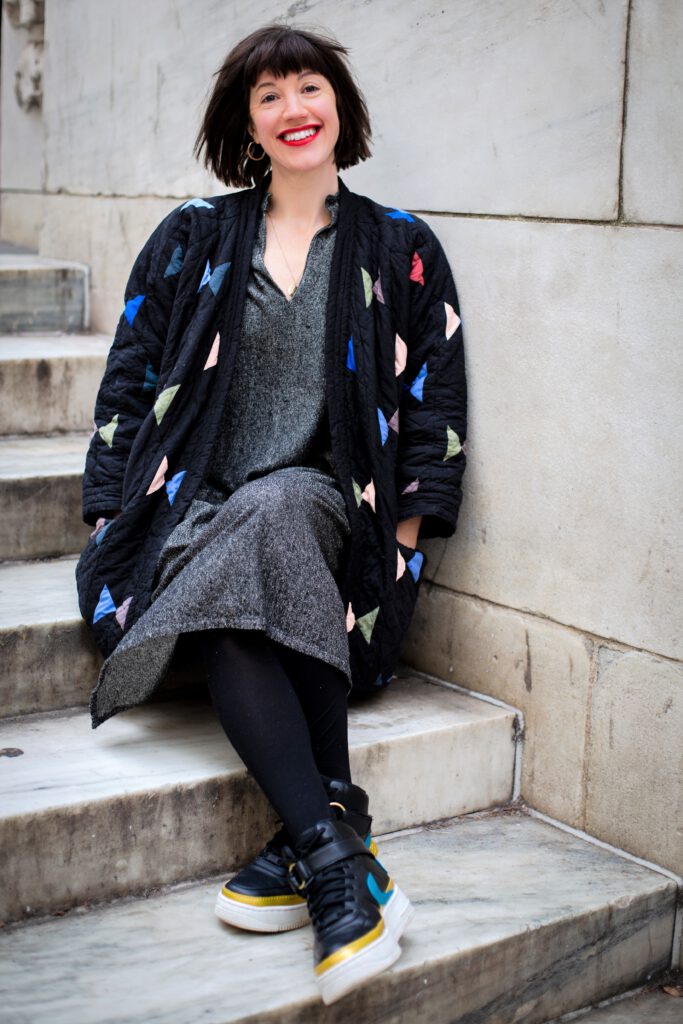
Sady Sullivan

Allison Guess

The Laundromat Project
Community Partner
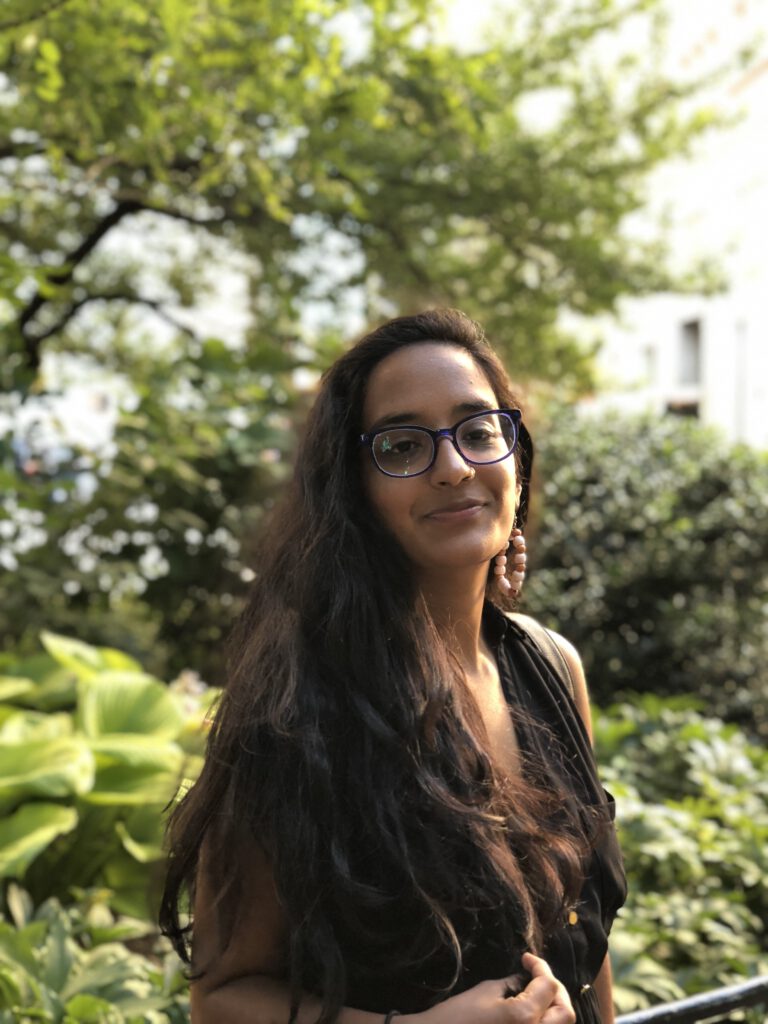
Arita Balaram
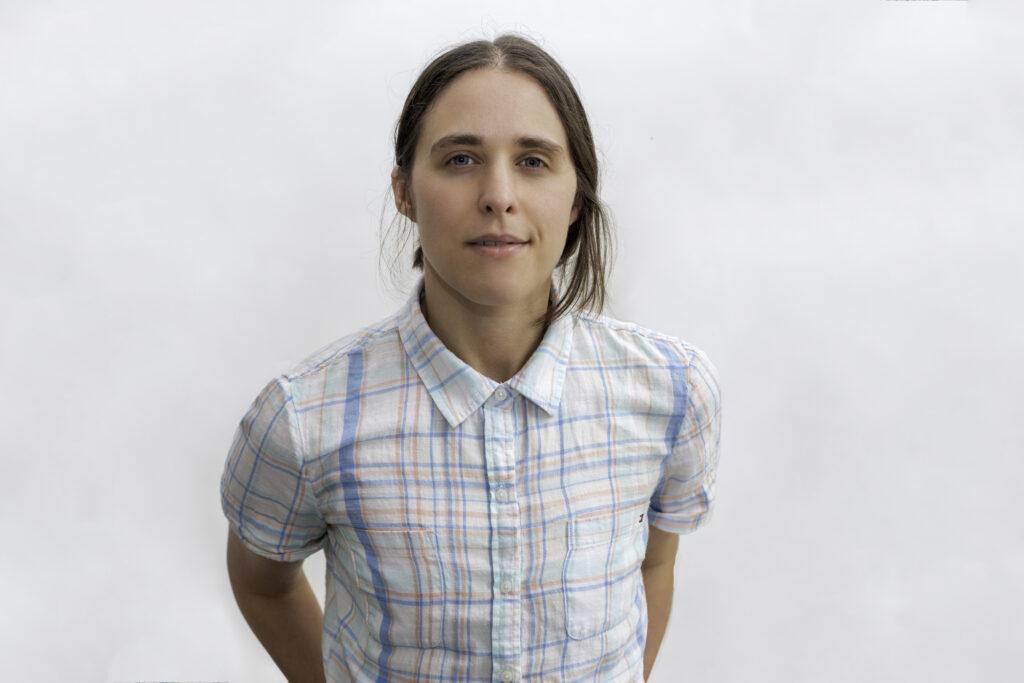
Rachel Corbman
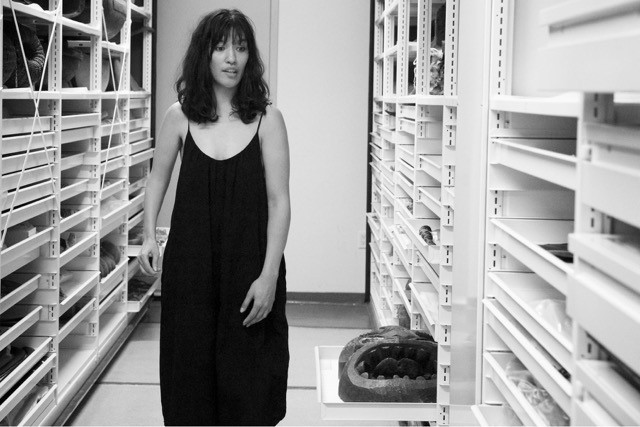
Pelenakeke (Keke) Brown
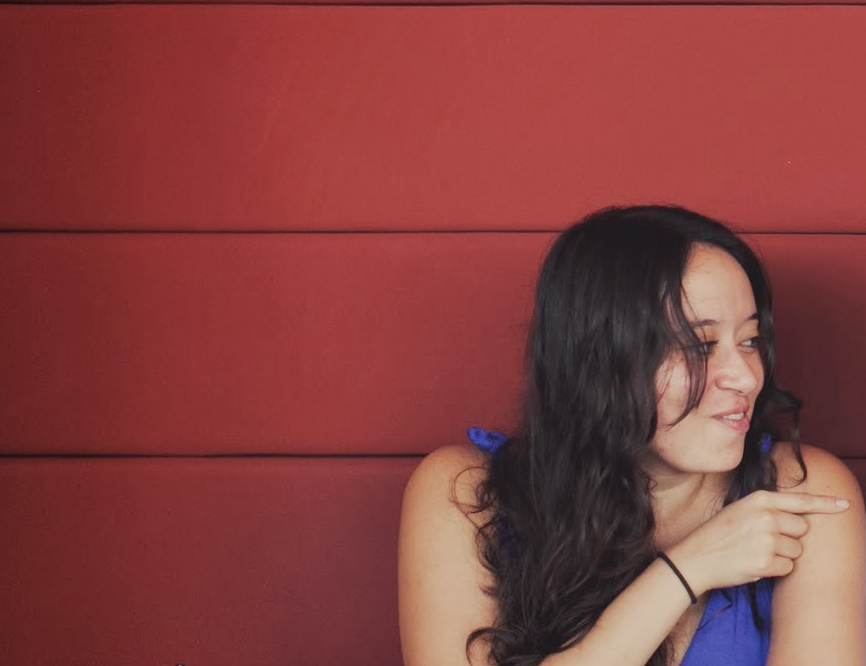
Nadia Mohamed
Related Events
***meeting***
Showcase and Information Session: Center for the Humanities’ Seminar on Public Engagement and Collaborative Research
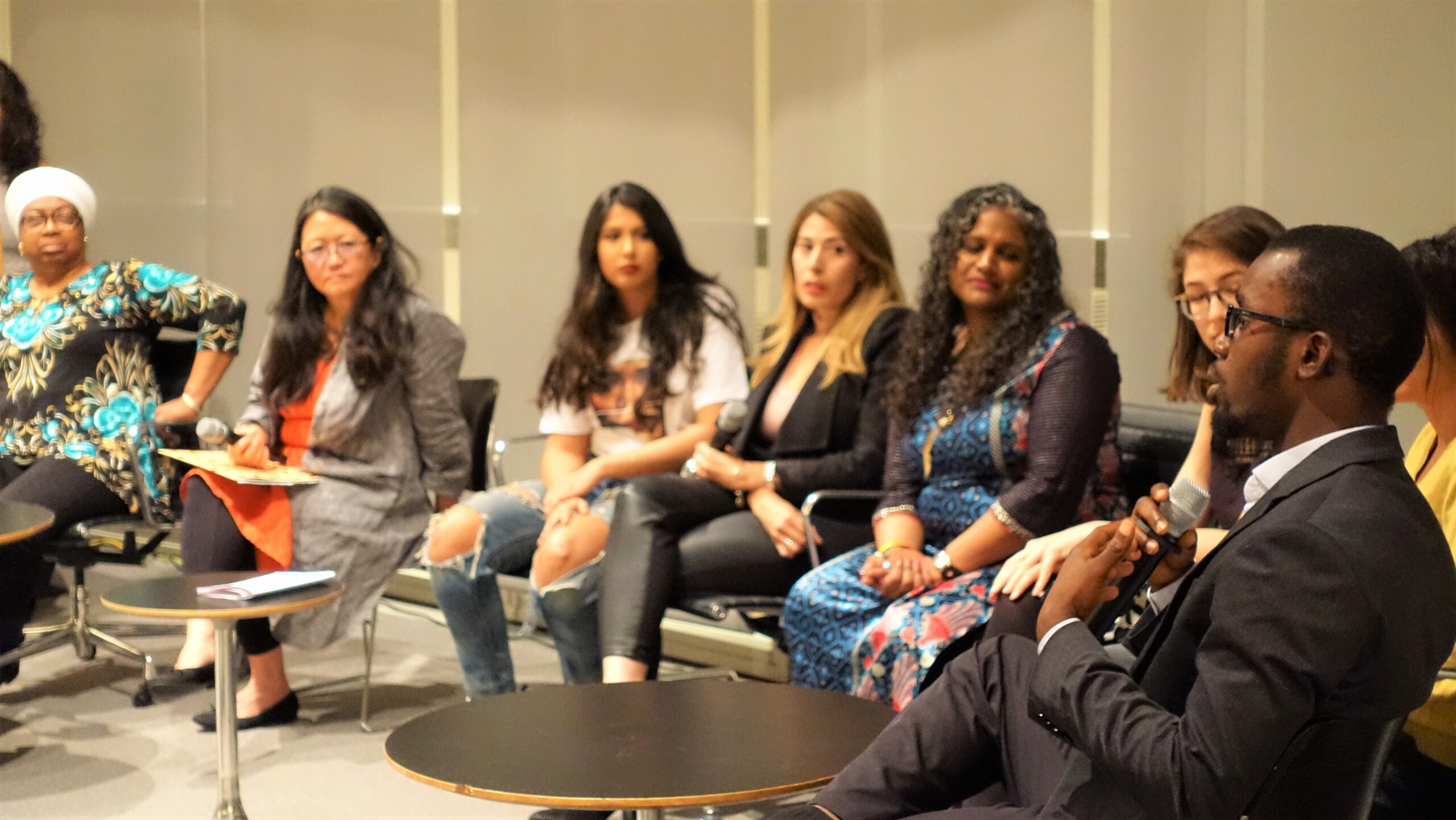
Conversation & Performance
Listening with Radical Empathy: A Listening Party!

